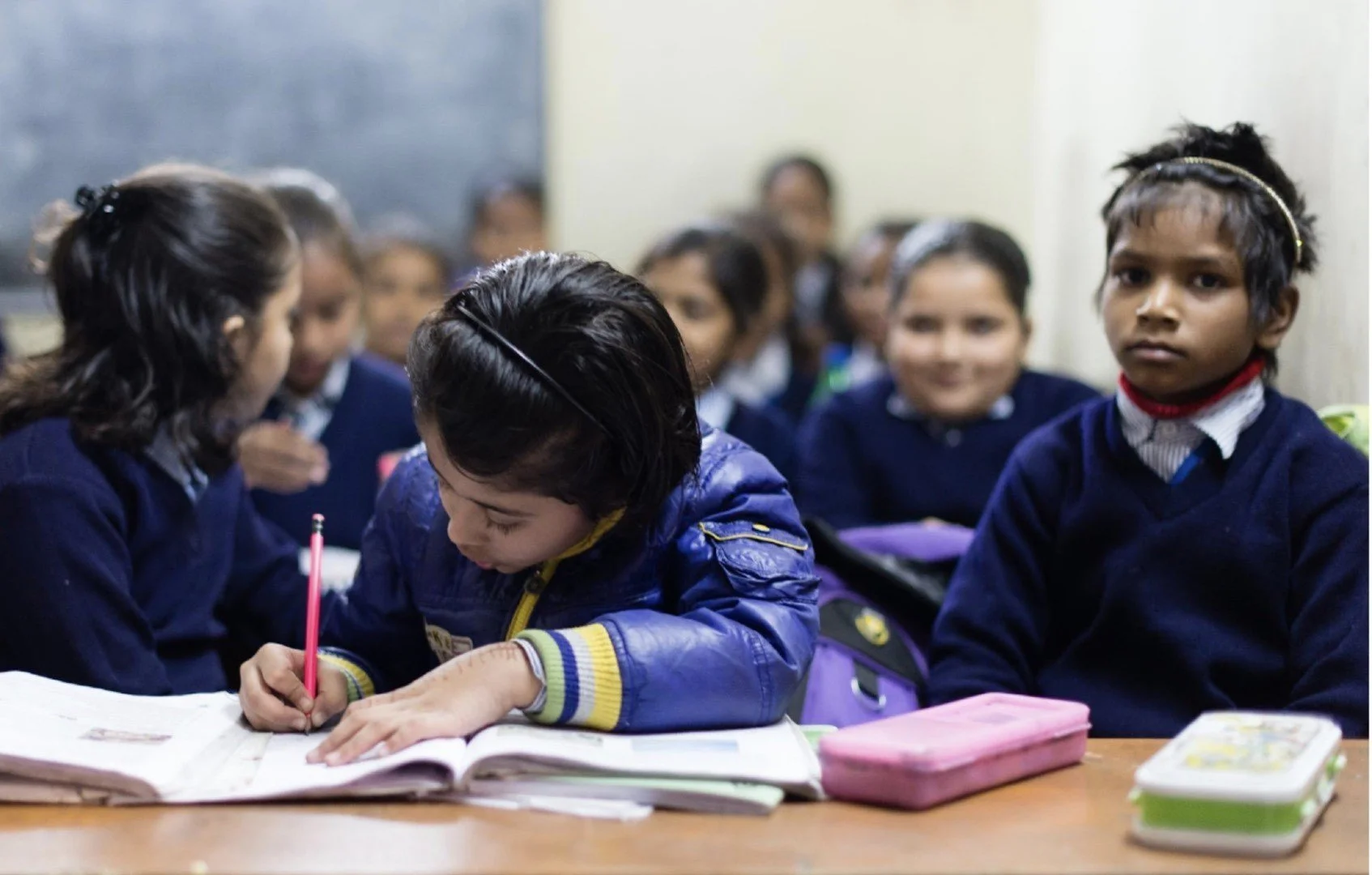Navigating the FCRA Changes: Implications for Donors to India
If you’re contemplating a philanthropic contribution to India’s vast landscape of humanitarian work, it’s essential to understand the complexities and nuances it involves. It’s a landscape where goodwill meets complexity, and navigating it requires a keen understanding of the sector and guidance to channel generosity where it will have the most meaningful impact.
India is not only the country with the highest number of nonprofit organizations globally, but it’s also on the cusp of becoming the world’s most populous nation. The United Nations anticipates India’s population will surpass 1.4 billion by 2027, highlighting its massive scale and profound opportunities for impact.
Despite remarkable strides in development over the last decade, an estimated 53.5 million people in India continue to face the harsh realities of poverty. For those looking to contribute to the approximately three million nonprofit organizations in India tirelessly striving to eradicate extreme poverty and alleviate its far-reaching consequences, the pathway to effective giving isn’t always straightforward.
Further complicating the giving pathway are amendments to India’s Foreign Contribution (Regulation) Act (FCRA), significantly affecting how donors contribute to non-governmental organizations (NGOs) and charities within the country. Understanding these amendments is crucial for donors to ensure compliance and to plan their philanthropic activities strategically. Continue reading to learn about the most recent revisions and their implications for donors.
Photo credit: Chenaniah Ministries Service Organization
FCRA Changes
Declaration of Assets by NGOs
Under the new FCRA rules introduced in 2023, NGOs and associations registered under the act must declare assets created using foreign contributions annually. The measure increases transparency and accountability, ensuring that foreign contributions are utilized for their intended purposes.
Restriction on Donation Transfer Between Charitable Organizations
According to the Finance Bill of 2023, if one charitable organization donates to another, only 85% of such donations will be considered as an application of income for the donor charitable organization. The restriction aims to curb the diversion of funds and ensures the majority of the funds are used directly for charitable activities rather than being passed between organizations.
Prohibition of Re-Granting Relationships
One of the pivotal changes in the FCRA law is the prohibition of re-granting or sub-granting of foreign contributions within India. In other words, any grant made to an Indian nonprofit organization cannot be redistributed as part of another grant to a different organization.
Broadening the Scope of Prohibited Recipients
The amendments to the FCRA also broaden the list of entities prohibited from receiving foreign funds, including candidates for elections, journalists, media companies, judges, government servants, members of the legislature, political parties or their office-bearers, and organizations of a political nature.
Upholding Constitutional Morality
The Supreme Court of India has justified the changes on the grounds that foreign donations can be prohibited to uphold the constitutional morality of the nation. The ruling indicates a nation’s capability to look after its affairs and the needs of its citizens.
Photo credit: East West Educational Foundation
Impact on International Donors
When navigating the complexities of cross-border philanthropy, donors carry the crucial responsibility of diligently adhering to the intricate web of regulations dictated by the laws of their home country alongside the legal framework of the recipient’s nation.
Meticulous compliance is not just a matter of bureaucratic formality; it’s the linchpin that enables the seamless flow of funds across borders. It safeguards the transaction, ensuring that the aid transfer doesn’t compromise the receiving NGO's legal status or impede its mission due to regulatory missteps
These new regulations significantly impact the ability of foreign donors to support NGOs and causes in India:
Additional administrative requirements create delays and barriers to funding reaching intended NGOs
Limiting foreign funds for administrative costs hampers NGOs' ability to utilize donations efficiently
The inability of NGOs to transfer funds prevents collaborative initiatives between organizations
Many NGOs could lose FCRA licenses due to non-compliance with new rules
Making the Most of Your Philanthropy
Donors, financial professionals, and grantmakers can utilize the invaluable resources and expertise TrustBridge Global provides to ensure compliance with India’s FCRA changes, affecting local and international grantmaking. Working with the TrustBridge Global Network ensures that your funds are distributed where they can make a meaningful difference.
Whether you’re experienced in global grantmaking or just beginning the journey, working with TrustBridge Global to process your international grants can be a significant benefit. Our extensive knowledge reduces risk exposure and administrative workload to simplify your global grantmaking. In addition, working with the TrustBridge Global Network ensures that your funds are distributed where your passion leads you and where they can make a meaningful difference.


